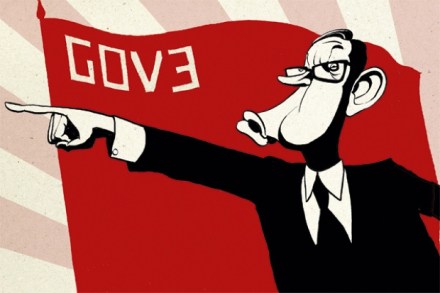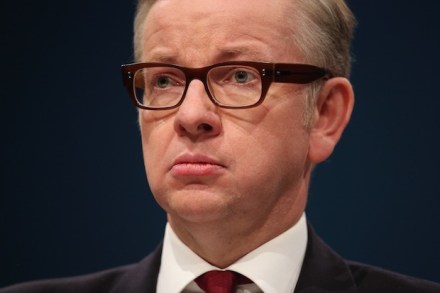It’s time for the Tories to rally to the aspiration agenda
School reform is economically essential for Britain’s future success, morally necessary for a fairer, more socially mobile society and politically essential for a centre-right party that wants to show that it is about spreading privilege not defending it. This is why Michael Gove’s agenda is so important to the Tories and their future success. Gove was always going to face opposition. Members of the National Union of Teachers hustled David Blunkett and his guide dog into a room and then screamed at him for merely condemning school strikes from opposition in 1995. They were, obviously, going to do far worse to a radical Tory Education Secretary. Then, there was the



















